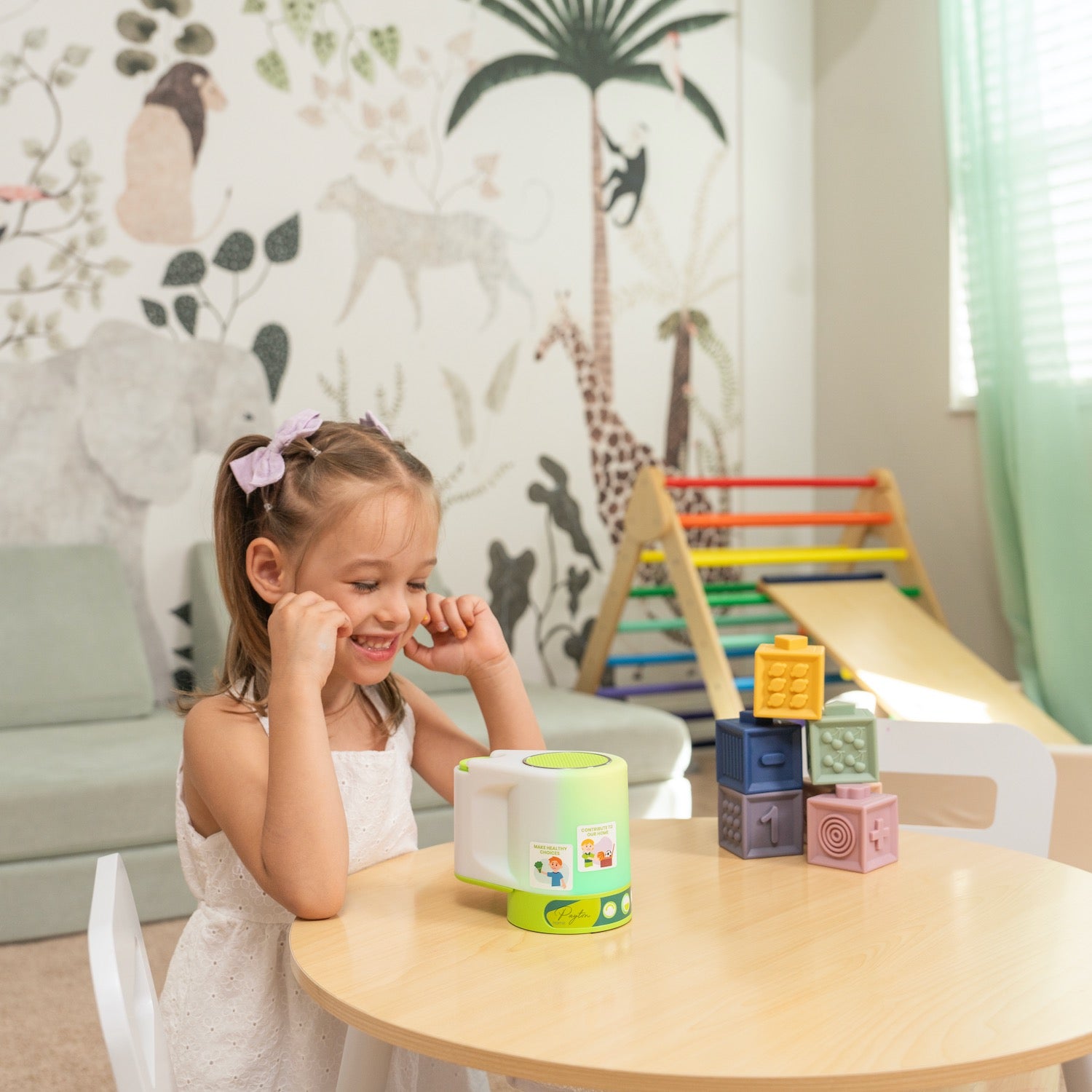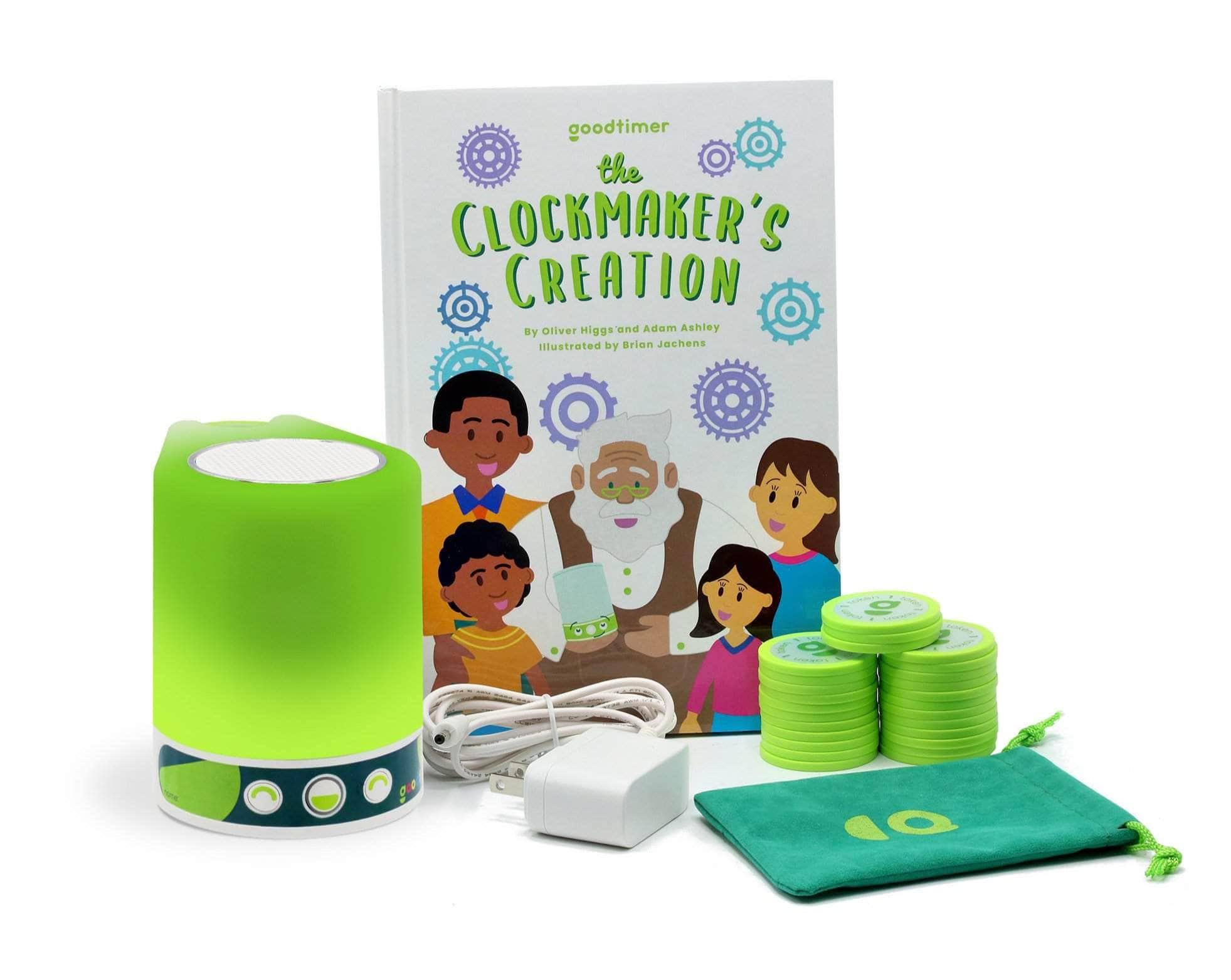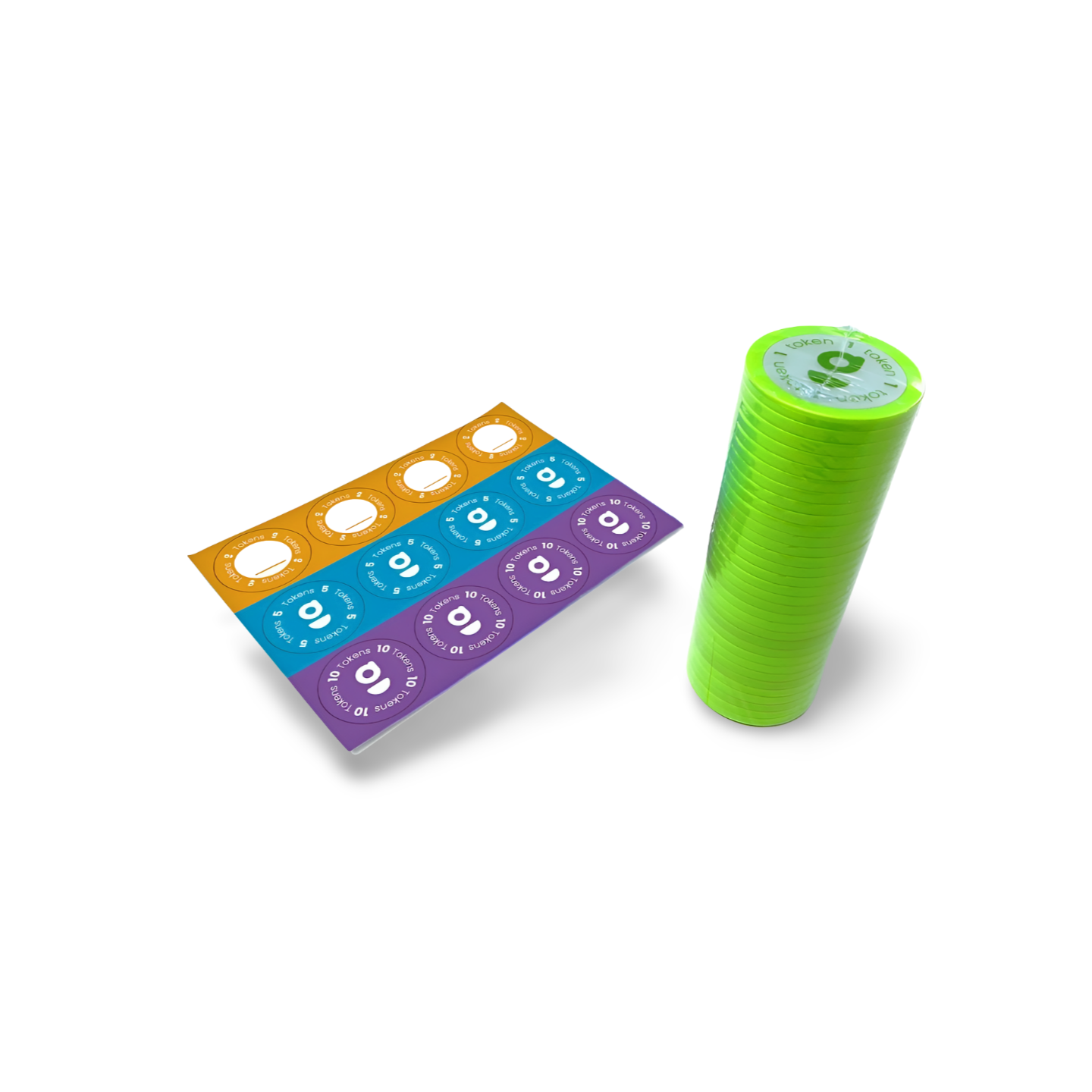My kids love their screen time. If you are reading this as a human caregiver with a pulse, it is likely that your kids love their screen time, too…and hey, while we’re on the subject, I love my kids’ screen time (not to brag, but this one time when they were all on their tablets I went six minutes without being asked to get someone a snack).
All of that said, it is undeniable that the content our little guys engage with on their screens - as well as the frequency with which they absorb that content - has a significant influence on their thoughts, feelings, and behaviors. Since most parents want (at least some) say over who their children are becoming, and with consideration for research showing that excessive media exposure can negatively impact children’s developmental trajectories, here are some tips on managing how our little ones engage with their screens.
Why should we play an active role in our children’s screen time habits?
- To support optimal brain development: The human brain does not finish developing until an individual reaches their 20s. Several studies have linked excessive childhood screen time to compromised cognitive and physical development (Journal of Pediatrics and Child Health, https://onlinelibrary.wiley.com/doi/pdf/10.1111/jpc.13462).
- To protect their sleep, thereby protecting their physical and mental health: The concentrated blue light emitting from screens has been shown to interrupt natural sleep rhythms and to stimulate the brain, making it hard for people to fall asleep and/or stay asleep if they use screens close to bedtime (https://www.commonsensemedia.org/articles/ditch-the-distractions-supporting-kids-and-teens-with-phone-notifications).
- To keep them connected to and fulfilled by the physical world around them.
- So parents can leverage it as a privilege that kids are granted when their behavior warrants it, as opposed to it being an irrevocable “given.”
- To avoid other potential negative outcomes including lower academic performance, less time spent with family and friends, lower levels of physical activity, weight and body image issues, mood dysregulation, exposure to potentially harmful media, and decreased ability to unwind without technological aid.
10 ways to foster healthier relationships between your kids and their screens:
- Familiarize yourself with, and aim to adhere to, age-appropriate screen time guidelines such as these from the American Academy of Pediatrics (AAP):
|
Age |
AAP Screen time Recommendation |
|
Birth - 18 months |
Limit screen time activity to instances when baby is interacting with a human on the other end of the screen, e.g., a video call with a grandparent who lives far away |
|
18 - 24 months |
Educational programming encouraged, should be consumed with caregiver present |
|
2 years – 5 years |
Non-educational programming should be limited to one hour/day on weekdays and three hours/day on weekends |
|
6 years and older |
Encourage healthy habits and create/enforce specific rules limiting screen time |
- Set clear rules around screen time and display them somewhere visible in the home (e.g., “iPad time is 5pm-6pm,” or “always ask before playing with your iPad”). If your kids have been free-range iPad users up until this point, they will likely protest limits at first…hang in there! Consider telling them why you are making changes to get them on board.
- Provide alternative activity suggestions. If you are challenging your kids to cut down their screen time, help them succeed by providing them with a list of potential replacement activities (e.g., sports, music, art, board games…even better if there are activities on this list you can do together).
- Address violations of rules around limited screen time promptly. Whether your child is testing limits or simply ignoring new rules around screen time, address rule violations right on the spot. Try to remain calm and explain (or re-explain) why you are implementing these changes. Validate their difficulties and encourage open communication. We can be firm and empathetic at the same time!
- Use your Goodtimer, little prizes, verbal praise, or any other methods of positive reinforcement to acknowledge adherence to new rules. Positive reinforcement practices increase the likelihood that the desired behavior will be repeated in the future. At Goodtimer, we steadfastly believe in positive reinforcement as an effective tool to shape children’s behavior while building their confidence and deepening family relationships.
- Treat screen time as a privilege so you can leverage it. Screen time rules should be stagnant only if your child’s behavior is consistently in line with your family values and house rules. If, however, you are working to either stop, start, increase, or decrease a behavior in your child, screen time rules and even general screen access can be based on contingencies.
-
Prioritize sleep – here’s how:
- Turn off screens an hour before bedtime and store them/charge them outside of the child’s bedroom.
- Help your kids find screen-free ways to calm their brains and bodies down before sleep (e.g., reading, talking to a family member or friend, doing yoga poses, picking out clothes for the next day, etc.).
- When screens are being used at night, limit blue light exposure via “night mode."
- If your child must use their phone before bed (e.g., to play ambient noise to fall asleep to), turn off their notifications and set their apps to “do not disturb."
- Utilize parental control settings on your children's devices and via tools like Apple's Screen Time or Google's Family Link. These resources help you manage kids' various screen time preferences as well as the types of content they have access to.
- Model healthy tech habits. How can we expect our kids to be make a change if they see us glued to our devices? Be prepared to reform your own practices too, if you are someone who excessively engages with screens. Try setting family-wide rules to start such as, “all family members turn off their phones during family meals.”
- Encourage the use of screens in ways that build knowledge, skill, creativity, and connection with others.
If the thought of reforming your children's screen time practices feels daunting, you are not alone. Perhaps you are noticing thoughts like: Isn’t that time supposed my break? Isn’t that the one activity I don’t have to be actively involved in? I don't have the energy to deal with the tantrums that are sure to come my way. All of these thoughts are so valid. Remember to be gentle with yourselves. Consider making just one small change at a time, all the while reminding yourself that the work you put in will pay off in the end.
If you are facing extreme difficulty managing/limiting your child’s excessive screen time, consider consulting a professional to help you.
Watch the Video:
Links to resources:
From the American Academy of Pediatrics on building healthy media habits in kids: https://www.healthychildren.org/English/family-life/Media/Pages/healthy-digital-media-use-habits-for-babies-toddlers-preschoolers.aspx?_gl=1*1tkbfsd*_ga*MTA1ODQwMzA5My4xNjk4NzAzOTMx*_ga_FD9D3XZVQQ*MTY5ODcxNjE1NC4zLjAuMTY5ODcxNjE1NC4wLjAuMA..
From the Journal of Pediatrics and Child Health, an article about the clinical and psychological effects of excessive screen time on children by Sophie Domingues-Montanari: https://onlinelibrary.wiley.com/doi/pdf/10.1111/jpc.13462).
From Common Sense Media on kids, teens, sleep, and their phones: https://www.commonsensemedia.org/articles/ditch-the-distractions-supporting-kids-and-teens-with-phone-notifications)
From the American Academy of Child & Adolescent Psychiatry regarding pediatric media exposure: https://www.aacap.org/AACAP/Families_and_Youth/Facts_for_Families/FFF-Guide/Children-And-Watching-TV-054.aspx - :~:text=Between 18 and 24 months,limit activities that include screens.
From the Mayo Clinic – additional practical tips and insights: https://www.mayoclinic.org/healthy-lifestyle/childrens-health/in-depth/screen-time/art-20047952










Leave a comment